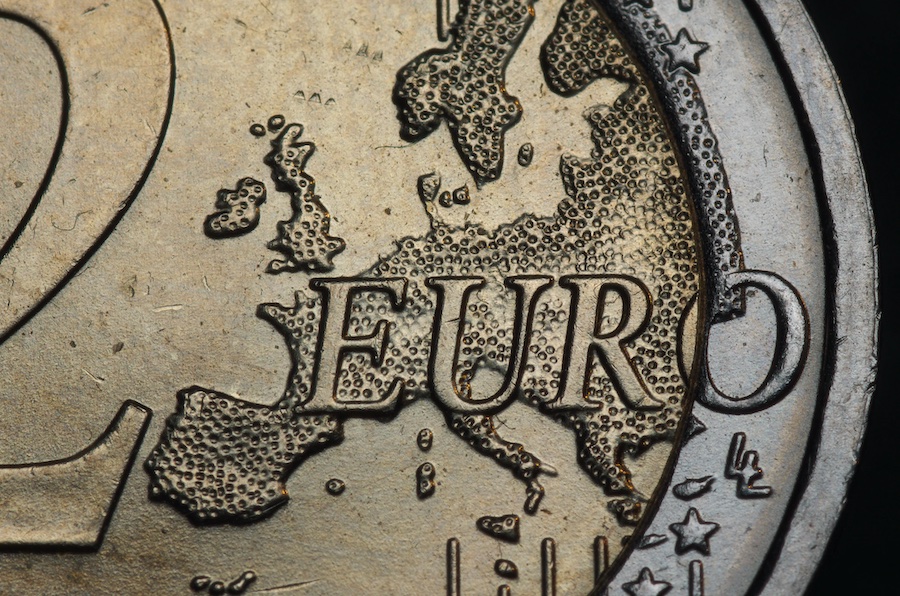The European Central Bank announced on Thursday its intention to raise interest rates in the Eurozone for the first time in 11 years as a tool to fight soaring inflation.
Come July, expect to pay a bit more on loans in the European Union. The European Central Bank (ECB) has said it will raise interest rates by 0.25% next month, with additional increases planned later in the year, as a way to combat the massive inflationary rise currently being experienced in the Eurozone. The bank also announced it will be ending its bond-buying stimulus programme on 1st July.
Latest estimates show inflation sitting at 8.1%, markedly above the ECB targets, spurring the hike, the first in more than a decade. The reason cited is a sharp rise in energy and food prices, adding that inflationary pressures had “broadened and intensified, with prices for many goods and services increasing strongly.”
“High inflation is a major challenge for all of us. The (ECB) governing council will make sure that inflation returns to its 2% target over the medium term,” the ECB went on to say.
“It is not just a step, it is a journey,” ECB President Christine Lagarde added.
The ECB’s main interest rate is currently at -0.50% and it could be back at zero or above by the end of September, the bank said. The last time it raised interest rates in the eurozone was in 2011.
As a result, the bank has upped its estimate for annual inflation this year to 6.8%, before showing a decrease to 3.5% in 2023 and 2.1% in 2024. They also cut their growth forecast for the Eurozone from 3.7% to 2.8% for 2022, and from 2.8% to 2.1% for 2023.
Several other central banks have already raised interest rates as they try to slow inflation. In the US, for example, the Federal Reserve raised rates twice this year, and the Bank of England has raised UK rates to the highest in 13 years at 1%.
Energy prices are up 40% over last year and food has gone up 7.5%. This has been blamed mainly on the fallout from the war in Ukraine.
The dreary picture is expected to continue at least into next year with worse coming.
“The strangling hold of desperately high living costs means that euro area growth will slow through the second half of this year, with recession increasingly likely – particularly now with sharp policy tightening in the near-term horizon,” Seema Shah, chief strategist at Principal Global Investors, told the BBC.
Photo by Immo Wegmann on Unsplash
